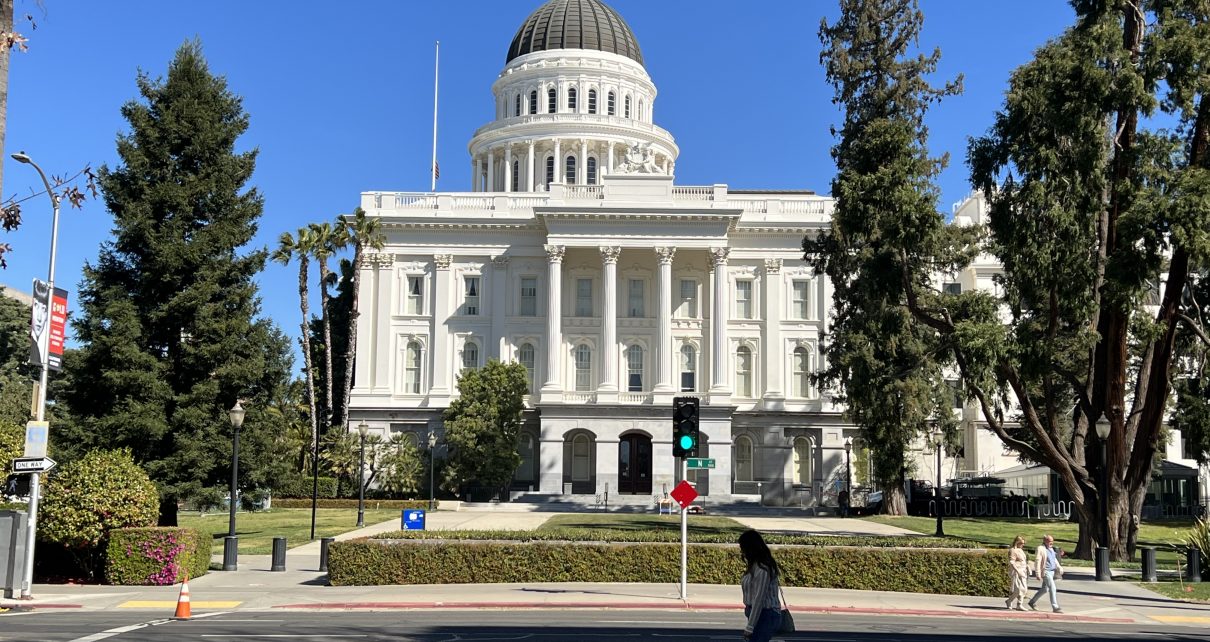
California State Capitol on March 11, 2022. (Photo: Kevin Sanders for California Globe).
Reparations Task Force To Have Final Meeting On Thursday
Task Force, reparations face dwindling public support
By Evan Symon, June 26, 2023 6:45 pm
The California Reparations Task Force entered their final week of meetings to make last minute tweaks to their final reparations recommendations report Monday, with the final report due to the state legislature on Friday.
Since the Task Force was first put together in late 2020, following Gov. Gavin Newsom signing AB 3121 by then-Assemblywoman Shirley Weber (D-San Diego), they have considered and recommended reparations, monetary and otherwise, for African-Americans living in California, for discriminatory practices and slavery of the past, despite that California was never a slave state. While initially encompassing all people of African descent, the group of those qualified to receive reparations was significantly narrowed in March 2022 when the task force voted to limit the possible reparations to those who are an African American descendant of an enslaved person or free Black person living in the US prior to the end of the 19th century.
In June 2022 the Task Force released its first report, giving a recommendation of reparations, in the form of home buying assistance, free college tuition, and business grants. However, one of the many criticisms against the report recommendations was that no estimated monetary figure was attached. In early December, an estimate of $569 billion was provided by the state, leading to disbelief and the threat of lawsuits if the number holds. Later that month, compensation compensation and eligibility requirements were discussed.
However, since the beginning of the year, many parts of the Task Force’s actions have been scrutinized. The question of compensation has in particular been trounced by the media, as well as residents, with so many opposing the $800 billion compensation plan approved by the Task Force in May that Task Force members came out and said “STOP focusing on the monetary part of the plan.” A more recent figure of $1.2 million given to each black resident has been similarly scrutinized.
According to the Task Force’s recommendation, direct cash payments for restitution would be divided between more broad areas of compensation for large groups of eligible people, and more focused compensation based on individual harms of the past. This would includ an estimated payment of $13,619 per each year of state residency for health care disparities, $3,366 per each year lived in the state between 1933 and 1977 for housing discrimination, and $2,352 per each year lived in California between 1971 and 2020 for mass incarceration and over policing.
It was so much that Governor Newsom said that he would not support cash payments, both due to the large cost and the massive $22.5 billion budget deficit that the state is facing. Also not working in the Task Force’s favor is an overall lack of support, as a poll earlier this month found that only 39% of voters support the Task Force.
Faced with rapidly diminishing support, the Task Force has been busy making last minute changes to make their recommendations more palatable. The meetings this week, which will be capped off by a large meeting on Thursday in Sacramento, will largely focus on things that they realistically can get through.
First and foremost on that list is an official apology by the state to black residents in California, something which a majority of lawmakers and the Governor have both signaled approval towards. Another major recommendation, which also has support, would come in the form of a California American Freedmen Affairs Agency, which would cover different areas for reparations.
Up in the air are anything directly monetary, such as cash payments, as many legislators, the Governor, and the majority of Californians have expressed little support for those parts and future passage of them being highly unlikely.
The final Task Force meeting
“The Task Force knows just how much the state has turned on them,” Legal adviser Richard Weaver told the Globe Monday. “When the Task Force was first created in 2020, it was right on the heels of the George Floyd protests, and a lot of people were willing to approve things like reparations. But then the realities came through. The Task Force kept proposing ridiculous figures and alienated a lot of different people in the state. Task Force members got angry at people who simply said why should people support this if California was a free state or why support that $800 billion figure.”
“There have been polls on this. Most Californians don’t like them and don’t want any cash reparations to be passed. Any member of the task force who says something like ‘If we don’t pass this then it will be bad for California or for the nation or whatever’ is part of the problem, not the solution.”
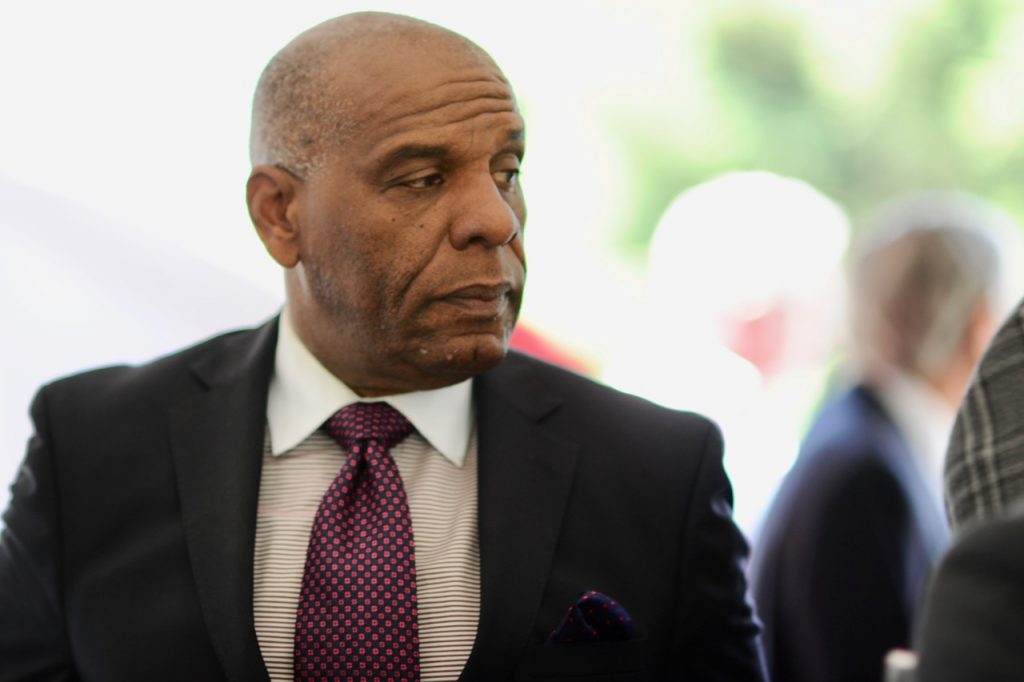
In a statement on Monday, Task Force member and Senator Steven Bradford (D-Gardena) noted that “If we don’t pass anything of any consequences or substantial meaningful legislation, then I think it’s going to be a black eye, not only on California, but on the nation as well and it will be the continued denial and the refusal to address America’s original sin of slavery. California can very well be the test case and the blueprint for what can and should be done when it comes to this issue.”
It all comes down to the final meeting on Thursday and submittal of the reparations recommendations to the Legislature on Friday. After that, it faces a long road to be law in California, with huge doubts being raised by experts if it can even get close to being approved.
“First you need this to be a bill, and whoever writes it needs to carefully pick and choose which recommendations go into it, so that can be awhile,” added Weaver. “Following that it needs to be approved by the Assembly and Senate, which is another big task as many from both parties have raised doubts about it. Then, if it is approved by both, it goes to the Governor, who has said that he doesn’t support cash payments, so it better not have any. But suppose it doesn’t or he is pressured into signing a version that does, it is still not in the clear as there will be a ton of legal challenges.”
“Oh, and not only legal challenges. There will be signature drives to place this on the ballot for the Californian people to vote on, which as we’ve seen, over 60% don’t want reparations, especially cash ones. It is only then, after the lawsuits and the election challenges, can it be law for good. Best case scenario, this will take years and years and years to get through. Worst case, this dies early, and proves that the Task Force was useless. If they’re smart, they’ll drop all cash payment recommendations before the final report this week. It’s the only way this will get passed.”
The final Task Force meeting is to take place on Thursday, with the final recommendations report due on Friday.
- Rep. Kiley to Introduce Bill to Eliminate All Federal Funding For California High-Speed Rail Authority - December 11, 2024
- Trump Selects CA Lawyer Harmeet Dhillon As Assistant Attorney General For Civil Rights - December 11, 2024
- San Francisco Cruise Robotaxi Folds Following $10 Billion In Losses - December 11, 2024


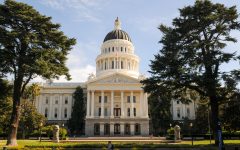
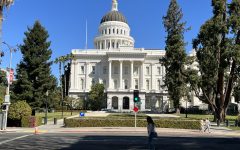
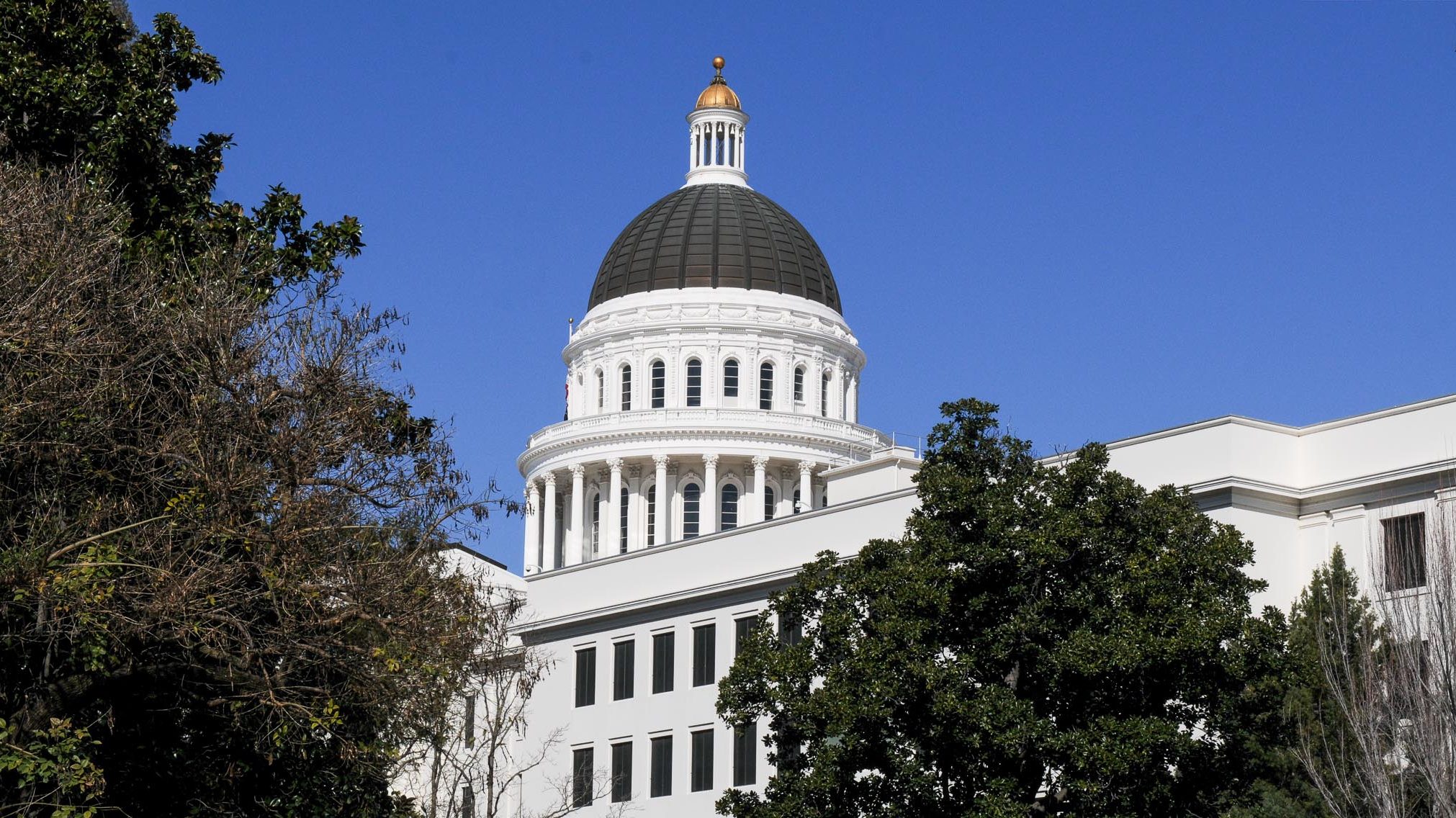
They are not due a thing!